Toyota Lexus, once a pioneer in electrified vehicles, is gearing up to introduce a fully electric line-up in the coming years to try to reclaim its public perception as a leader in automotive powertrain technology.
But the two brands, which have offered hybrid petrol-electric powertrains since the 1990s and were among the first to move away from diesel last decade, face a "very difficult" short-term challenge in the UK Government's proposed zero emissions vehicle (ZEV) mandate.
The mandate is expected to demand that ZEVs, such as pure electric or expensive hydrogen cars, make up 22% of a manufacturer's 2024 new car sales to avoid receiving huge financial penalties or buying 'credits' from EV-focused rivals.
Toyota Lexus, once a pioneer in electrified vehicles, is gearing up to introduce a fully electric line-up in the coming years to try to reclaim its public perception as a leader in automotive powertrain technology.
But the two brands, which have offered hybrid petrol-electric powertrains since the 1990s and were among the first to move away from diesel last decade, face a "very difficult" short-term challenge in the UK Government's proposed zero emissions vehicle (ZEV) mandate.
The mandate is expected to demand that ZEVs, such as pure electric or expensive hydrogen cars, make up 22% of a manufacturer's 2024 new car sales to avoid receiving huge financial penalties or buying 'credits' from EV-focused rivals.
Its range is still mostly hybrid. With the UK accounting for just 1% of Toyota Lexus global sales, and its product plan geared towards a 2026/27 ramp up, it will be “very difficult” to adapt its portfolio to meet zero emission vehicle (ZEV) mandate plans in the UK, according to industry observers.
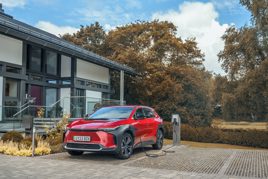 However there will be rapid growth in their zero-emission model offerings starting from 2024, and the national sales company will no doubt sell all the Toyota bZ4X and Lexus RZ electric cars it can get its hands on, while competing with the other 30 markets in Europe.
However there will be rapid growth in their zero-emission model offerings starting from 2024, and the national sales company will no doubt sell all the Toyota bZ4X and Lexus RZ electric cars it can get its hands on, while competing with the other 30 markets in Europe.
Toyota has exciting plans in store, with new battery technology in the works to revolutionize the range of future electric vehicles (EVs). Within the next five years, it aims to introduce batteries offering up to 932 miles (1,500km) of range, starting with a 1,000km (621 miles) range from 2026.
Its all-solid-state batteries, which it hopes to launch in 2027/28, show even greater promise, potentially providing a 20% range improvement with a charge time of just 10 minutes or less to 80%.These advancements will mark a significant step forward for the manufacturer's EV lineup.
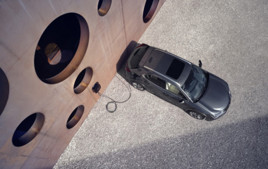 One industry observer said: "Toyota used to be a leader in new technology, with its hybrid systems. It now faces having to catch up, if it is to get back to leadership."
One industry observer said: "Toyota used to be a leader in new technology, with its hybrid systems. It now faces having to catch up, if it is to get back to leadership."
Under the marketing message Experience True Freedom Toyota is inviting people to discover the real-world benefits of switching to an all-electric vehicle with a 24-hour test drive programme for its bZ4X SUV.
The extended test drives are a key part of the company’s current national campaign for bZ4X which includes use of the Pharrell Williams’ track Freedom to express the advantages of ownership.
The test vehicles are fitted with a telematics system which gathers journey and performance data from each drive. This is then used to calculate overall power efficiency and potential savings in fuel costs compared to a conventionally powered car.
Each customer receives the results of their personal test drive, together with a certificate, giving them a snapshot of what they might achieve if they choose to purchase a bZ4X.
The figures also indicate a probable driving range and approximate recharging times using different power supplies.
Login to continue reading
Or register with AM-online to keep up to date with the latest UK automotive retail industry news and insight.

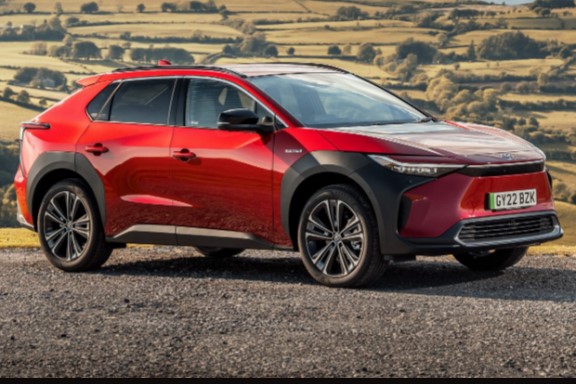




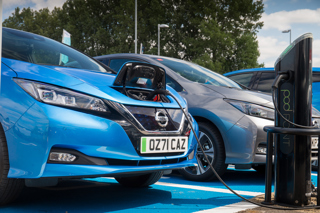

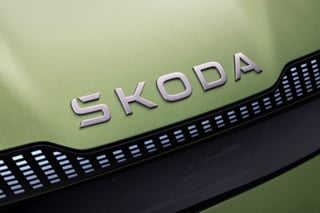
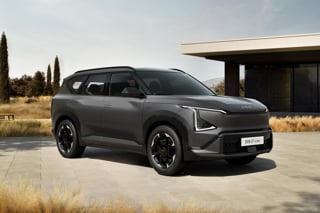
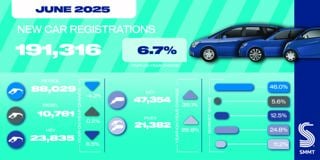










Login to comment
Comments
No comments have been made yet.